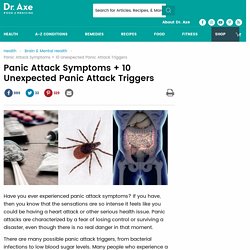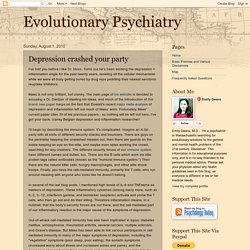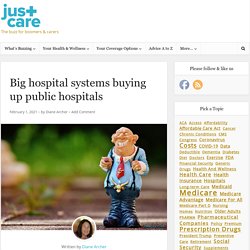

Myokines — New Element Training. New Protein Supercharges Immune System to Fight Cancer. By Orion Jones Scientists have discovered a new protein that appears to supercharge the body's own immune system, allowing it to compete against cancerous cells in ways that were previously impossible.

Called LEM, or lymphocyte expansion molecule, the newly discovered protein molecule allows the immune system to continuously produce high quantities of T cells, which are the body's natural defense against cancer. "This is a completely unknown protein. Nobody had ever seen it before or was even aware that it existed. It looks and acts like no other protein," said professor Philip Ashton-Rickardt, from the Department of Medicine at Imperial College, UK, who led the study. When cancer first attacks the body, the immune system responds by sending T cells to the site of the mutated, cancerous cells. Researchers hope their discovery will result in a gene therapy that allows the T cells of cancer patients to be enhanced by the LEM protein, then injected back into their body. Panic Attack Symptoms + 10 Unexpected Panic Attack Triggers. Have you ever experienced panic attack symptoms?

If you have, then you know that the sensations are so intense it feels like you could be having a heart attack or other serious health issue. Panic attacks are characterized by a fear of losing control or surviving a disaster, even though there is no real danger in that moment. There are many possible panic attack triggers, from bacterial infections to low blood sugar levels. Many people who experience a panic attack aren’t expecting it and have never had a panic attack before. According to a survey conducted by Harvard Medical School, the lifetime prevalence of isolated panic attacks for people without panic disorder is estimated to be about 23 percent. (1) If you aren’t familiar with the most common panic attack symptoms and some possible panic attack causes, a panic attack will certainly take you by surprise and feel like a life-threatening occurrence.
Evolutionary Psychiatry: Depression crashed your party. I've told you before I like Dr.

Maes. Turns out he's been working the depression = inflammation angle for the past twenty years, isolating all the cellular mechanisms while we were all busy getting bored by drug reps peddling their newest serotonin reuptake inhibitors. Maes is not only brilliant, but cranky. The main page of his website is devoted to accusing a Dr. Dantzer of stealing his ideas, and much of the introduction of this brand new paper harps on the fact that Dowlati's recent major meta-analysis of depression and inflammation left out much of Maes' work. I'll begin by describing the immune system. In several of the last blog posts, I mentioned high levels of IL-6 and TNFalpha as markers of depression. Out-of-whack cell-mediated immunity has also been implicated in lupus, diabetes mellitus, schizophrenia, rheumatoid arthritis, several cancers, multiple sclerosis, and Grave's disease.
Maes and other researchers start by measuring a T-cell activating cytokine called sIL-2R. Reduce Depression with Posture. Researchers have found evidence suggesting that feelings of depression can be lessened simply by sitting up straight, rather than slouching.

It’s estimated that between 7% and 10% of the American population suffers from some type of depression. While many seek treatment through the use of anti-depressant drugs, a growing number of people look for non-drug related therapies. Exercise, acupuncture, meditation, yoga, light therapy, and diet among others have been included in that group of remedies. Now, a new study suggests another non-drug avenue to explore. Think about posture for a moment. Is Depression a Disease—or a Symptom of Inflammation? Depression - Caused by Inflammation, Thus Like Other Diseases of Civilization. Depression Insights: Mitochondria Affect Mood - Wellness Resources. Big hospital systems buying up public hospitals. Among other problems with for-profit health systems is that even when they work today, tomorrow is not likely to bode well for patients.

The good hospitals that spend money to deliver high-value care and still succeed financially are a smart investment for the predator companies that acquire them, knowing they can profit big time off of them. Not surprisingly, big hospital systems are buying up public hospitals. Of course, the bigger the hospital systems, the greater the power they have over costs. We have seen many hospital mergers and acquisitions in the last couple of decades. The evidence is clear that these mergers drive up costs; we lack the evidence to confirm whether they drive down quality. Jordan Rau of Kaiser Health News reports that one of North Carolina’s biggest hospital systems is buying New Hanover Regional Medical Center. The state’s attorney general has the sole authority to approve the sale. To be clear, the local government is making a lot of money off the sale.
Reviewable. (438) Engineering a Model Circulatory System.
MEDICOS. CoVoidance. Exist. PSY. SCI. TCH. Bounty. Foster. Nutrire. Nurture. HEALTH.